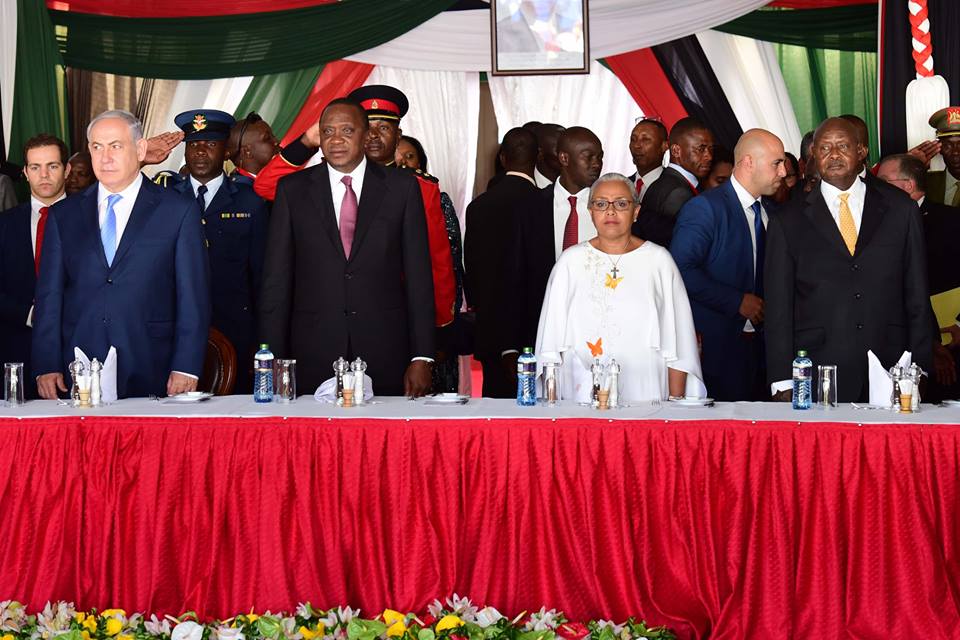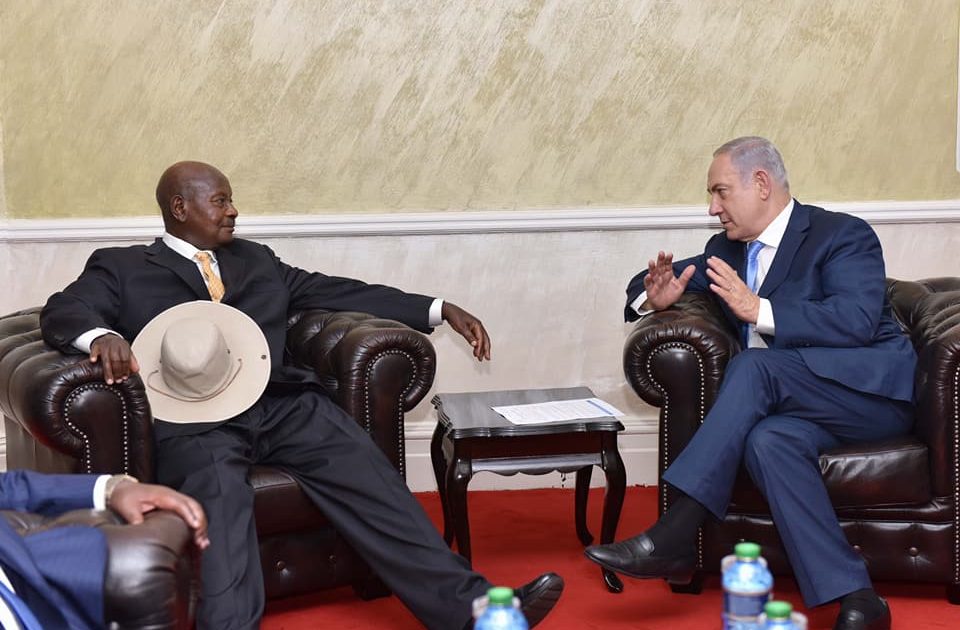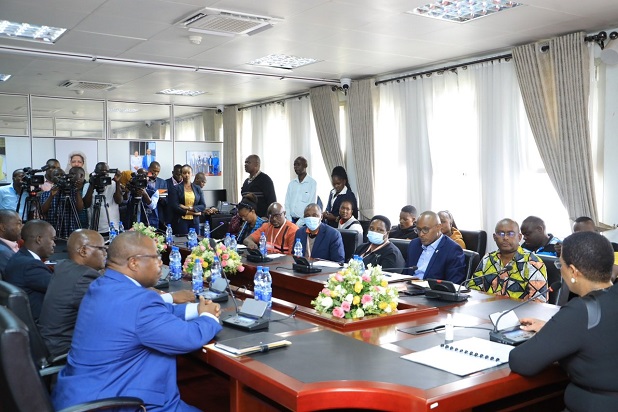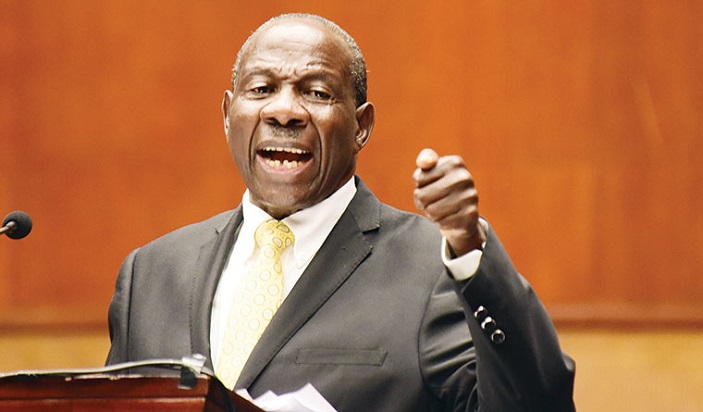Shocking details have emerged why Israeli Premier Benjamin Netanyahu met with Uganda President and other African leaders on the day Kenya President Uhuru Kenyatta took oath for a second term in office.
Netanyahu flew to Kenya on Tuesday morning for a lightning visit that included meetings with 11 African leaders. Some hours after arriving, the prime minister announced the opening of a new Israeli embassy in Rwanda.
Netanyahu landed in Nairobi a few hours after Kenya’s reelected President Uhuru Kenyatta was inaugurated. Kenyatta personally received Netanyahu at the president’s residence and invited the Israeli prime minister to sit next to him at a luncheon that followed the inauguration.
Netanyahu also addressed the gathering, which was attended by a number of heads of state. He returned to Israel on Tuesday night.
The Israeli premier did not attend Kenyatta’s inauguration out of concerns for his safety inside the jam-packed stadium, which was filled with 60,000 Kenyatta supporters hours before the event was scheduled to start. The lavish ceremony was attended by the heads of many African nations.
Upon his departure for Nairobi, Netanyahu stated that the purpose of his visit is “to deepen our ties with Africa by forging bonds with countries with which we have no diplomatic relations. … I hope that by the end of the day, I will be able to announce the opening of a new Israeli embassy in an African country, and the hand is still extended.”
“Four African missions have been opened in Israel in the last two years, and I hope that by the end of the day I will be able to announce the opening of a new Israeli embassy in one of the African countries,” Netanyahu said on Tuesday morning.
The Israeli premier had scheduled a marathon series of afternoon meetings Tuesday with African delegations that attended the inaugural events, including the presidents of Gabon, Uganda, Tanzania, Zambia, Rwanda, South Sudan, Botswana and Namibia, as well as the prime minister of Ethiopia.

Netanyahu’s first visit to the continent was in July 2016, when he visited Uganda, Kenya, Rwanda and Ethiopia in a major push to strengthen economic links and cooperation with African nations. The trip made Netanyahu the first Israeli premier to visit Africa in decades.
During a meeting with Kenyatta at that time, Netanyahu said Africa has no better friend than the Israel on security and development. He added that Kenyatta told him that African leaders would work to restore Israel as an observer in the African Union.
Kenya, a Western ally in a volatile region, has seen divisions deepen by the extended election season. Months of acrimonious campaigns and sporadic clashes have already blunted growth in East Africa’s richest economy.
More than 70 people have been killed in political violence this election season, mostly by the police. Such killings are rarely investigated and police are almost never prosecuted.
Shortly after Kenyatta was sworn in for a second term, riot police teargassed the convoy of opposition leader Raila Odinga, who promised supporters he would be sworn in himself on December 12. Less than an hour after Kenyatta spoke, Kenyan national television carried pictures of riot police swinging clubs at civilians with their hands up.
At a memorial for the dozens of people killed since the original August election, which the Supreme Court nullified over irregularities, Odinga said that police shot dead three people protesting against Kenyatta’s inauguration.
Speaking to a rapturous crowd at the swearing-in ceremony, Kenyatta said, “The elections are now firmly behind us … I will devote my time and energy to build bridges.”
However, such words may ring hollow to citizens accustomed to the government ignoring detailed reports on corruption from the country’s auditor-general and documentation of hundreds of extrajudicial police killings every year from human rights groups.
Last year, Kenyatta angered many Kenyans by saying he wanted to tackle corruption but his “hands are tied.” His government has also promised to improve police accountability, but an independent watchdog has only ever managed convict two officers of murder despite thousands of brutality complaints.





